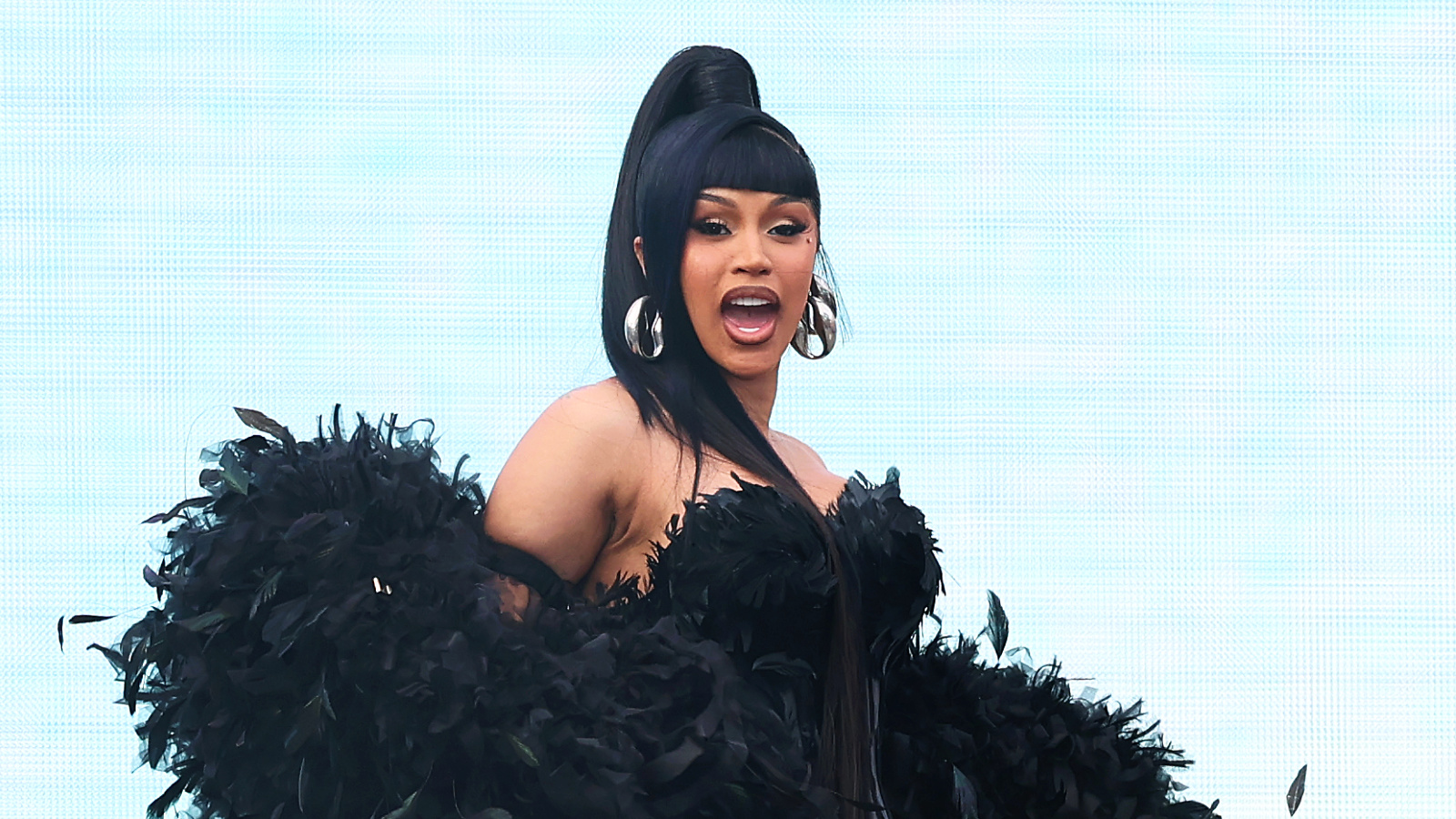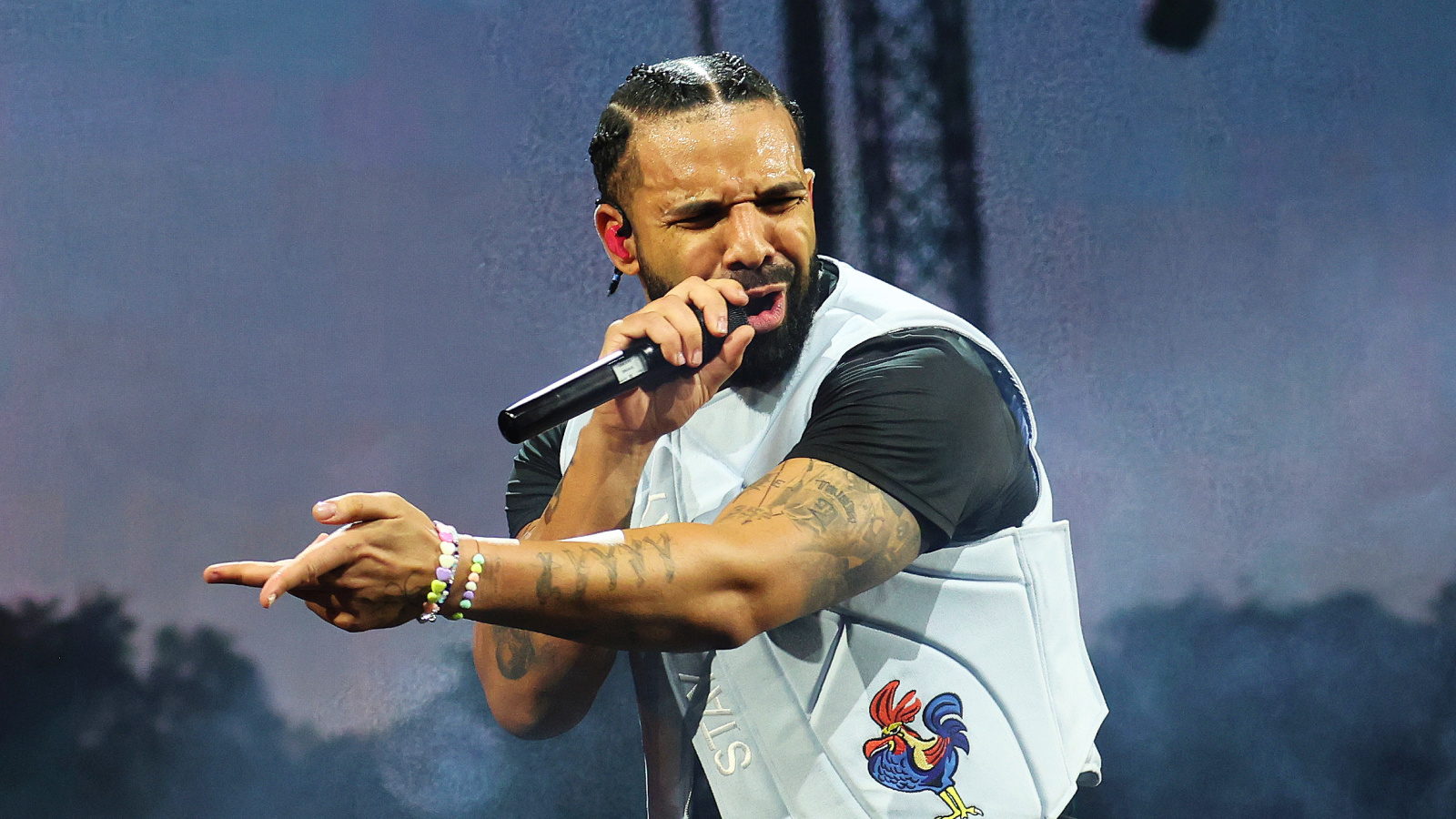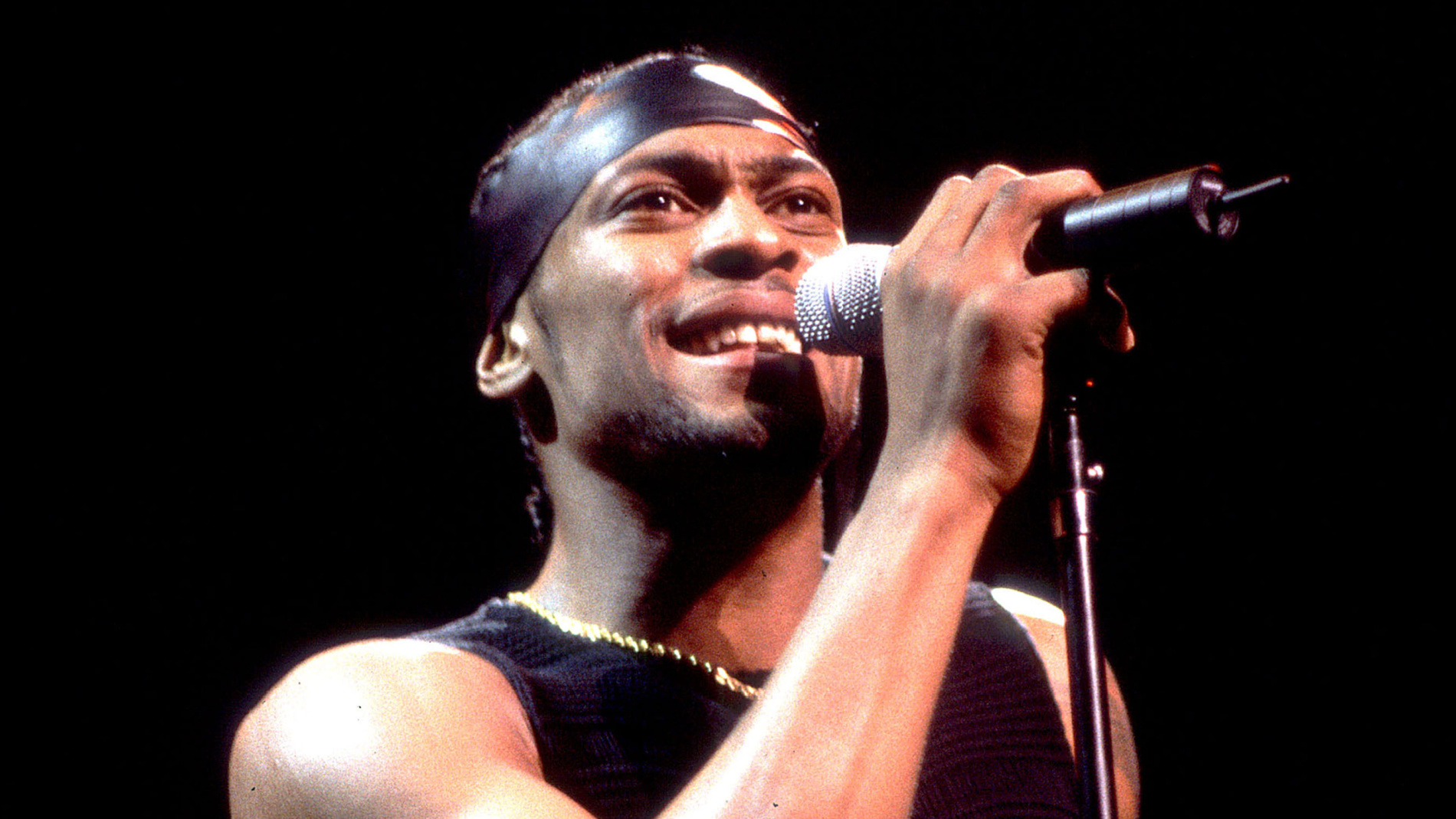Universal Music Group’s momentous deal with Udio certainly feels like a game-changer — but what are the rules and royalties of this new game? If you’re perplexed and befuddled with questions surrounding this deal, join the industry club.
Contentious litigation, a groundbreaking settlement, mutiny among die-hard users, and demands for answers from artists and rights owners… this has all the bits for another juicy industry chapter. But now that the ink has dried on UMG’s earth-shattering deal with generative AI music platform Udio, what are the concrete details for artists, IP owners, and other stakeholders?
And what about a revolting group of supergeek gen-AI creators on Udio itself?
For those just tuning into this fast-moving drama, Universal Music Group — led by UMG chairman Lucian Grainge and chief digital officer Michael Nash, among others — settled a contentious legal battle with Udio last week, while simultaneously announcing a groundbreaking strategic licensing agreement.
Grizzled vets of the music business know this scorched-earth strategy well: it starts politely enough with an ask, then shifts into a hardcore legal war before ending with a bro-hug partnership deal. After that, UMG’s top-down deal framework often guides similar deals among other major labels, MERLIN, and similarly situated platforms.
Of course, it doesn’t always end that neatly — but we’ve seen this dance sequence before.
But now that UMG has hugged it out with Udio, what does this mean for industry revenue flows, participating artists, other litigating labels and AI platforms, as well as indies, emerging artists, AI-savvy creators and fans themselves?
The core of the partnership centers on the commitment to launch a completely revamped Udio platform in 2026. This new, subscription-based service will be a “walled garden,” trained exclusively on authorized and licensed music assets—both recorded music and publishing—on an opt-in basis for UMG artists and songwriters.
The agreement promises to create a new revenue pipeline, compensating opt-in artists not only for their music used to train the model but also when subscribers use their works to generate new songs. But once an artist pulls the opt-in lever, what kind of cash will come out?
At present, Grainge & Co. have only offered high-level deal parameters, with little concrete terms or rules. Also missing is a crop of A-list artists opting in — in fact, we have no idea who’s in, who’s out, or who’s on the fence.
Then there’s the matter of the AI creative class itself.
While the industry at large, including Digital Music News, has loudly praised the deal’s blueprint for responsible AI, Udio’s existing user base erupted in immediate protest.
No sooner was the agreement announced than Udio abruptly disabled the download functionality for all users, including paying monthly and annual subscribers. This swift and abrupt change—a seemingly direct demand from UMG to transition the platform into a walled garden—removed the ability for users to export and distribute music they had already created and paid for.
The backlash was severe, with angry subscribers flooding social media and threatening legal action, arguing the move amounted to fraud since the sole purpose of their subscriptions was to create exportable content. In response to the “mutiny,” Udio CEO Andrew Sanchez quickly moved to temper the outrage.
The company announced a 48-hour window, scheduled to begin today (November 3rd), allowing users to download all existing creations under the platform’s original, pre-settlement terms of service, which granted users full ownership rights.
While arguably a necessary concession, the incident underscored the precarious position of platform users who were caught off guard by the sudden shift from an unregulated AI service to a strictly regulated, licensed corporate entity.
But just how many of those users/creators will stick around under the UMG+Udio order?
The scary possibility for Udio is that users may quickly switch to another AI platform unfettered by copyright restrictions, leading to a modern twist on the age-old ‘whack-a-mole’ problem.
Meanwhile, back in the bat caves of the music industry, the UMG-Udio deal immediately drew intense scrutiny from key artist advocacy groups — with ferocious fighter Irving Azoff and the Music Artists Coalition (MAC) leading the charge with a powerful statement demanding “creative control, fair compensation, and clarity” for artists whose catalogs form the foundation of the AI’s training data.
While MAC expressed cautious optimism regarding the opt-in structure, the group emphasized that “participation without fair compensation isn’t partnership.” UMG portrayed the deal as a panacea for controlled creativity and compensation, but Azoff and MAC have questions.
The Coalition went on to pose a series of critical, fundamental questions that define the next battlefront in the AI music space:
-
-
- Control Mechanism: How will artists exert meaningful, granular control over which specific uses of their work they authorize?
- Dispute Resolution: What is the protocol when multiple rights holders (e.g., co-writers or performers) on a single song disagree about opting in?
- Financial Transparency: What exact percentage of the revenue generated by the new platform will flow to the artists, compared to the label and Udio?
- Settlement Distribution: Given that the deal included a compensatory legal settlement, how will that undisclosed money be distributed, and will artists see visibility into the payout?
- Recoupment: Will an artist’s earnings from this new AI revenue stream be applied to historical, unrecouped label balances, effectively shielding the label from paying artists new money?
- Data Visibility: Will artists be granted ongoing, detailed visibility into how their music is being utilized within the AI system?
-
So many questions asked — and so many questions unanswered (for now). If anything, MAC’s ’21 question’ manifesto highlights the grueling work required to build a fair commercial AI ecosystem.
Indeed, this feels groundbreaking, but also very ‘version 0.1’.
Feels like the right time for Lucian Grainge to drop some nuggets of knowledge on how this partnership, artist opt-ins, and compensation schemes will work?
Stay tuned…
















